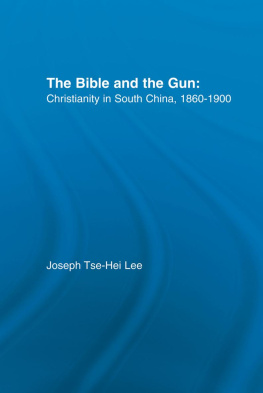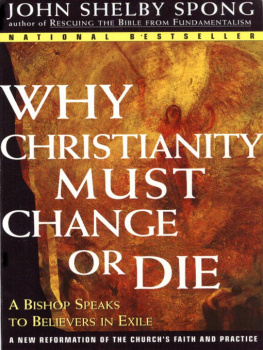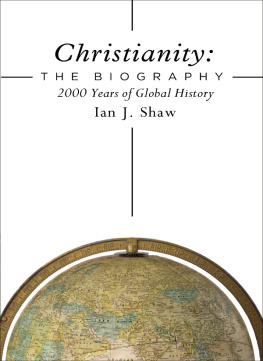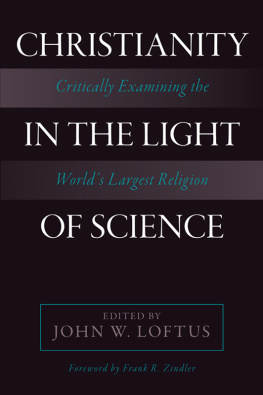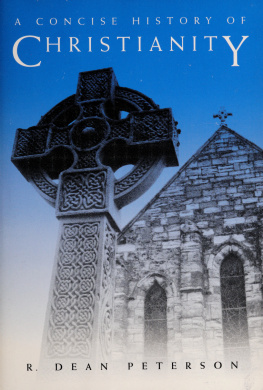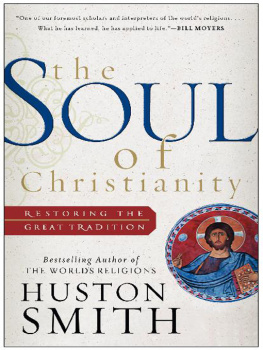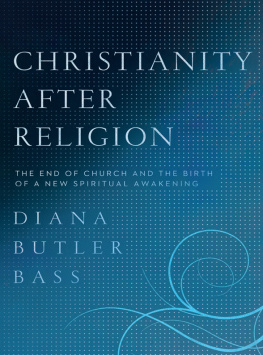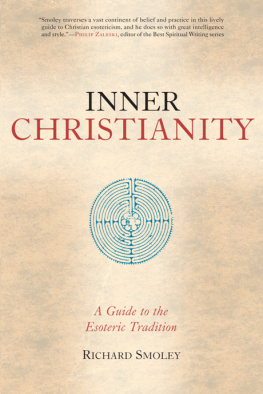
MY GOD, MY LAND
Anthropology and Cultural History in Asia and the Indo-Pacific
Series Editors:
Pamela J. Stewart and Andrew Strathern University of Pittsburgh, USA
This series offers a fresh perspective on Asian and Indo-Pacific Anthropology. Acknowledging the increasing impact of transnational flows of ideas and practices across borders, the series widens the established geographical remit of Asian studies to consider the entire Indo-Pacific region. In addition to focused ethnographic studies, the series incorporates thematic work on issues of cross-regional impact, including globalization, the spread of terrorism, and alternative medical practices.
The series further aims to be innovative in its disciplinary breadth, linking anthropological theory with studies in cultural history and religious studies, thus reflecting the current creative interactions between anthropology and historical scholarship that are enriching the study of Asia and the Indo-Pacific region. While the series covers classic themes within the anthropology of the region such as ritual, political and economic issues will also be tackled. Studies of adaptation, change and conflict in small-scale situations enmeshed in wider currents of change will have a significant place in this range of foci.
We publish scholarly texts, both single-authored and collaborative as well as collections of thematically organized essays. The series aims to reach a core audience of anthropologists and a sian Studies specialists, but also to be accessible to a broader multidisciplinary readership.
Recent titles in the series
Aboriginal Family and the State
Sally Babidge
ISBN 9780754679356
Islamic Spectrum in Java
Timothy Daniels
ISBn 9780754676263
Collective Creativity Art and Society in the South Pacific
Katherine Giuffre
ISBn 9780754676645
My God, My Land
Interwoven Paths of Christianity and Tradition in Fiji
Jacqueline Ryle
The National Council of Churches in Denmark, Denmark
First published 2010 by Ashgate Publishing
Published 2016 by Routledge
2 Park Square, Milton Park, Abingdon, Oxon OX14 4RN
711 Third Avenue, New York, NY 10017, USA
Routledge is an imprint of the Taylor & Francis Group, an informa business
Copyright 2010 Jacqueline Ryle
Jacqueline Ryle has asserted her right under the Copyright, Designs and Patents Act, 1988, to be identified as the author of this work.
All rights reserved. No part of this book may be reprinted or reproduced or utilised in any form or by any electronic, mechanical, or other means, now known or hereafther invented, including photocopying and recording, or in any information storage or retrieval system, without permission in writing from the publishers.
Notice:
Product or corporate names may be trademarks or registered trademarks, and are used only for identification and explanation without intent to infringe.
British Library Cataloguing in Publication Data
Ryle, Jacqueline.
My God, my land : interwoven paths of Christianity and tradition in Fiji. -- (Anthropology and cultural history in Asia and the Indo-Pacific)
1. Christianity--Fiji. 2. Christianity and culture--Fiji. 3. Christianity and other religions--Fiji. 4. Fiji--Religion. 5. Fiji--Church history. 6. Fiji--Social life and customs.
I. Title II. Series
261'.099611-dc22
Library of Congress Control Number: 2010924841
ISBN 9780754679882 (hbk)
- Series Editors'Preface
Woven Histories and Inter-Denominational Anthropology
Maps
- 1 The Pacific Islands
- 2 Fiji Islands
- 3 Nadrog and Navosa Province
- 4 Fijian Confederacies
Figures
Series Editors' Preface
Woven Histories and
Inter-Denominational Anthropology
Pamela J. Stewart and Adrew Strathern
Jacqueline Ryles complex and subtly interwoven account of Christian practices and the histories of Christian institutions in Fiji is indicative of the tremendous influence of religious change in the overall workings of change experienced by Fijians today and in the past. As scholars who are also extensively involved in this arena of research in the Pacific, and as Series Editors for Ashgate, we were pleased to have read and commented on successive drafts of this work, to have assisted with the peer review process, and to have worked with Dr. Ryle to achieve the final form of her manuscript. We were glad to have encouraged her book project from the beginning, seeing in it the many contributions Dr. Ryle brings to her themes.
Her ethnography deals with Methodist, Pentecostal, Catholic, Anglican, and Inter-Faith practices and dialogues, with classic questions of change and continuity, and illuminates the layering of these practices in space and time as well as their topical foci. Previously published work on Fiji by Martha Kaplan, John Kelly, Christina Toren, Matt Tomlinson, and Karen Brison (all referred to by Ryle) has convincingly shown the pervasive and diverse facets of Christian practices. Ryle has added to this existing corpus by plunging in depth into various fields of social relations among different denominations and relating her whole account to the broader narratives of the nation and its regional and global entanglements. She is able to bring out how the members of the different Churches view one another and how they attempt to attain a unity of perspective; how also they seek to contribute to the problems of inter-community relations between the indigenous Fijians and the Indo-Fijian population. In general, her work is deeply informed by a dual recognition of the importance of history and the significance of contemporary, participant-observation based, ethnography.
Among the many notable ways in which Ryles work deepens the study of Christianity in Fiji, and elsewhere, we pick out just a few here for comment. First, she has given us a careful review of much of the burgeoning literature on the problem of continuity and change in relation to Christianity and custom in the Pacific. (This is an arena in which we have ourselves published widely, see, for example, Stewart and Strathern 1997, 1998, 2000a, 2000b, Strathern and Stewart 2000, 2004, and more recently our edited volume Religious and Ritual Change , Stewart and Strathern 2009, which includes a review of much of the literature on this topic in our Introduction, Strathern and Stewart 2009a). Dr. Ryle acknowledges, as others have done, the complexities and paradoxes involved here. one important clue is to consider the analytical problem itself in historical terms; not in terms of the anthropologists project of analysis, but in terms of the peoples own projects of self-realisation. Very striking in Ryles discussion is her exposition of the ways in which the Methodist Church has come to base itself on the Fijian idea of vanua , the land. This is a rhetorical trend indicative of the Methodists long historical engagement with, and experience of, indigenous Fijian society and its values: an effort to harness these values to a Christian way of life, and literally to ground that Christian way of life on an ideology of continuity. In the volume mentioned above that we have previously co-edited on a whole range of comparable topics handling evidence from the South-West Pacific and Taiwan, we have signalled the kinds of process involved here by noting that continuity hides in change; change hides in continuity (Stewart and Strathern 2009). Assertions of continuity are bridging devices, joining past and present; assertions of change are rupturing devices, separating past and present. There is a dialectic between these devices, based on the fluctuating and conditional desires of different generations of people with regard to the directions in their life. In this case the early historical arrival of the Methodists eventuated in policies that over time traditionalised the Church by pulling into it the values of the vanua, the homeland. Vanua means homeland, but it also means local territory, so that, in one sense, it can refer to the land of the whole indigenous nation, while in another sense it refers to the locally exclusive territory. Vanua thus itself bridges the local and the national, bringing them together. When the Assemblies of God first came, much later, in the 20th century, its exponents chose the pathway of rupture rather than continuity; rupture, that is, associated with pangs of renewal, expressed in the ideology of being born again. Local rootedness was pitched against new globalising influences; and, in so far as peoples affiliations may have been based on embodied experience rather than niceties of doctrine and doctrinal difference, new ritual forms of expression came into vogue. Coming later, and finding Methodists (and also Catholics and other Churches) already ensconced, the Pentecostalists sought, as they have done almost everywhere, to counterpoise themselves against the established Christian forms and to arrogate to themselves the appellation of Christians. The opposition of Christian versus heathen was replaced by Pentecostalists versus other Churches. Pentecostalists thus intrinsically embraced the notion of conflict among Churches themselves. As Ryle points out, the born again mentality also stresses the individuals relations with God through Jesus the Saviour figure. But Pentecostalists also make their own collective networks and communities of interest and commitment that strongly channel individual behaviour and conduce to a specific denominational in-group mentality. In this regard, like the Methodists, they may appropriate a valuable piece of tradition: the ideology of sharing, whether practised between kin or co-religionists (see, e.g. Brison 2008).



